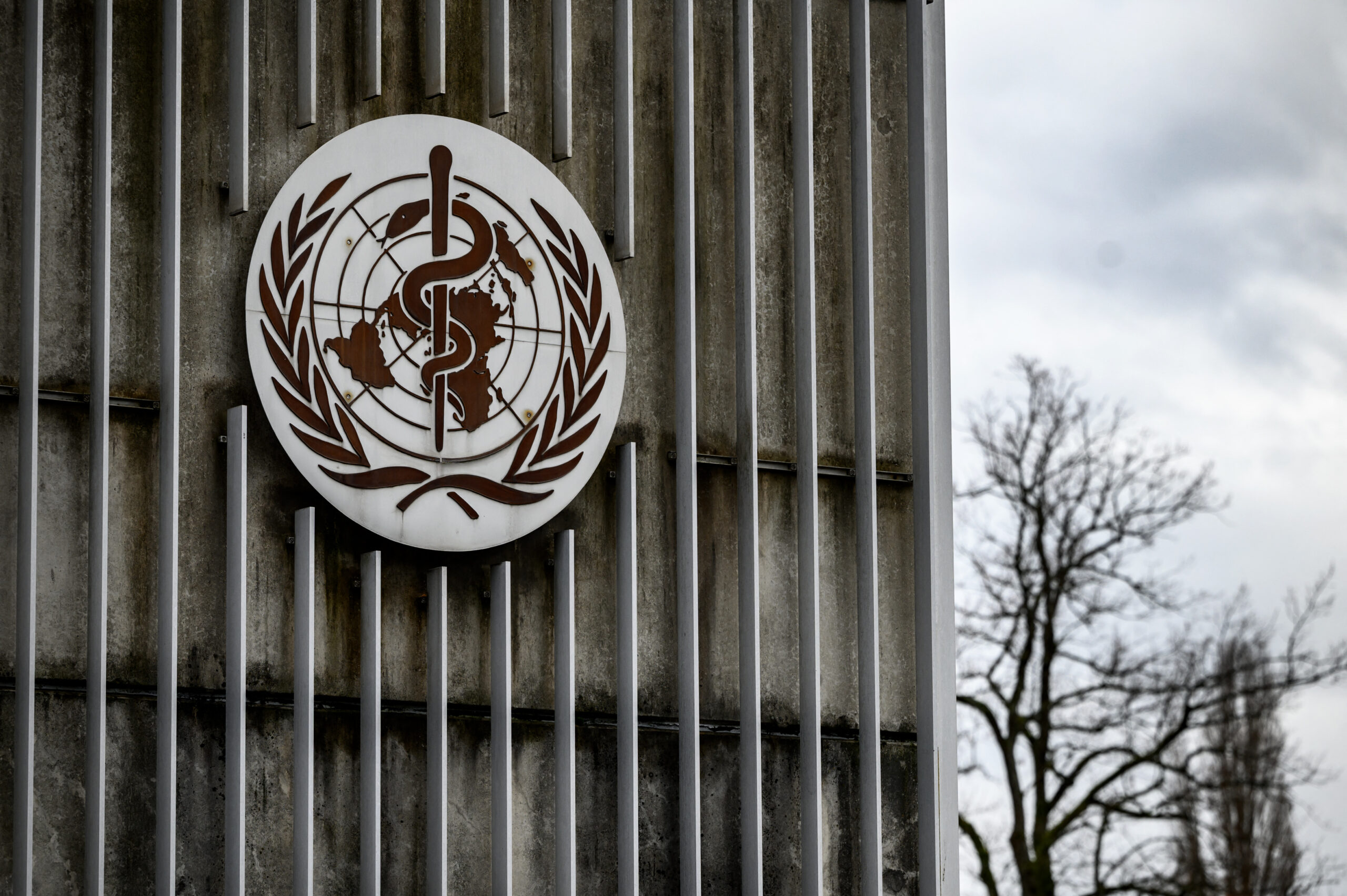WHO reports shortage of oral cholera vaccines
MANILA, Philippines — There are no more oral cholera vaccines left in the global stockpile, jeopardizing work to stop the disease’s spread, according to the World Health Organization (WHO).
“As of 14 October 2024, the global Oral Cholera Vaccine (OCV) stockpile has been entirely depleted, with no doses currently available for deployment,” the WHO said in its emergency situation report released on Oct. 18.
“Although more doses are expected in the coming weeks, this shortage poses significant challenges to outbreak response efforts and hampers efforts to control the spread of the disease,” it added.
According to the UN agency, the International Coordinating Group on vaccine provision received requests for OCV from Bangladesh, Sudan, Niger, Ethiopia and Myanmar between September and October.
These requests amounted to a total of 8.4 million doses, but due to limited vaccine availability, only 7.6 million doses could be shipped to these countries.
Article continues after this advertisement“The shortfall in supply highlights the ongoing challenges in meeting global demand, especially as cholera outbreaks continue to rise across multiple regions. Efforts to scale up production are underway, but immediate vaccine access remains constrained,” the WHO said.
Article continues after this advertisementThe Department of Health (DOH) has yet to comment on the issue.
The Philippines is among the remaining 30 countries in the world which has recently reported cholera cases.
OCV is not included in the vaccines provided by the DOH under its National Immunization Program. However, it is recommended to be given during outbreak situations and natural disasters as declared by health authorities.
There are three OCVs approved by the Food and Drug Administration for use in the country: “Oravacs” by Shanghai United Cell Biotechnology Co. Ltd. (China), “Shanchol” by Sanofi Healthcare India Private Ltd. (India) and “Euvichol-Plus” by Eubiologics Co. Ltd. (South Korea).
3,756 cases in PH
Last year, 708,200 cholera cases were reported worldwide, with more than 4,300 deaths. In the Philippines, the DOH reported 3,756 cholera cases with 19 deaths.
No updated data has been published by the DOH this year. But as of March 2024, a total of 773 cholera cases with one fatality.
Most of the cholera cases this year were recorded in the Eastern Visayas region, which is vulnerable to an outbreak due to unsafe water sources and poor hygiene.
Cholera is an acute intestinal infection that spreads through food and water contaminated with the bacteria Vibrio cholerae, which is often found in human feces.
It causes severe diarrhea, vomiting and muscle cramps.
Cholera can kill within hours when not treated, though it can be treated with simple oral rehydration and antibiotics for more severe cases.
The DOH advised the public to boil drinking water for five minutes if unsure of its safety and practice household water treatment with chlorine, aquatabs and hyposol.
It also urged the public to regularly clean storage reservoirs and water tanks; and to practice proper hygiene and proper food preparation.
The Philippines is considered a cholera-endemic country with around 18 million individuals at risk of the disease.
